Adukkan rice, an indigenous variety from Wayanad, Kerala, is highly valued for its distinct flavor and superior nutritional profile, largely due to being unpolished and retaining more of its bran coating.
Here’s a breakdown of its health benefits and nutritional facts:
Health Benefits:
- Rich in Fiber: As a semi-polished or unpolished rice, Adukkan rice retains a significant amount of dietary fiber. This is crucial for a healthy digestive system, promoting regular bowel movements, preventing constipation, and aiding in weight management by increasing satiety.
- Better Blood Sugar Control: Like other traditional red rice varieties, Adukkan rice generally has a lower glycemic index (GI) compared to white polished rice. This means it causes a slower and more gradual rise in blood sugar levels, making it a potentially better choice for individuals with diabetes or those looking to manage their blood sugar.
- Supports Cardiovascular Health: Its high fiber content, along with potentially lower fat and cholesterol levels (compared to diets rich in refined grains), can contribute to a reduced risk of heart disease. The presence of minerals like magnesium also plays a role in maintaining heart health.
- Source of Essential Minerals: It’s known to be a good source of vital minerals such as magnesium, calcium, and iron, all of which are critical for various bodily functions, including bone strength, nerve function, and red blood cell formation.
- Antioxidant Properties: The reddish-brown bran layer of Adukkan rice contains antioxidants, which help combat oxidative stress in the body by neutralizing free radicals. This can contribute to overall cellular health and potentially reduce the risk of chronic diseases.
- Boosts Energy: As a complex carbohydrate, it provides sustained energy release, making it a good staple food for maintaining energy levels throughout the day.
Nutritional Facts
- Carbohydrates: Primarily complex carbohydrates, providing sustained energy.
- Fiber: High dietary fiber content, significantly more than white rice.
- Protein: Contains a moderate amount of protein.
- Vitamins: Especially B-vitamins (Thiamine, Riboflavin, Niacin) which are important for metabolism, and potentially Vitamin A.
- Minerals:
- Magnesium: Crucial for muscle and nerve function, blood sugar control, and blood pressure regulation.
- Calcium: Essential for bone health.
- Iron: Vital for oxygen transport in the blood.
- Phosphorus: Important for bone health and energy production.
- Potassium: Supports fluid balance and nerve signals.
- Antioxidants: The red pigment in the bran indicates the presence of antioxidants like anthocyanins (though this is more prominent in black rice, red rice also contains them).



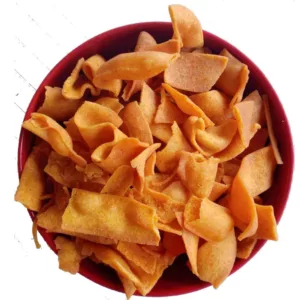
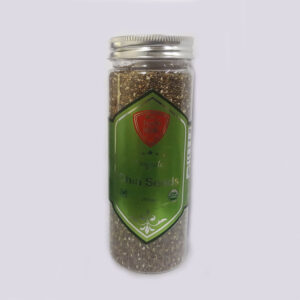
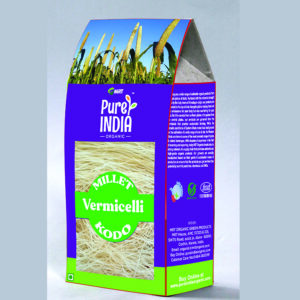
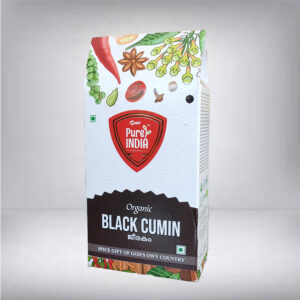
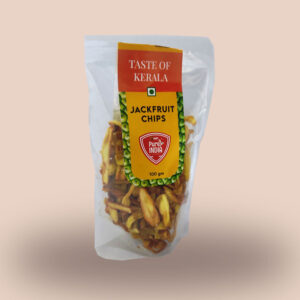
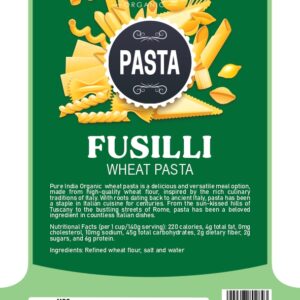
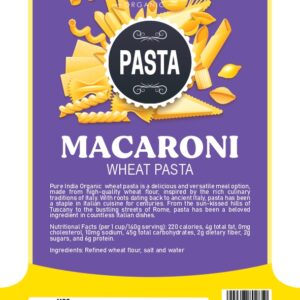
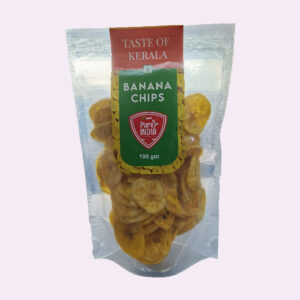
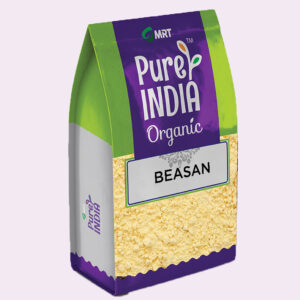
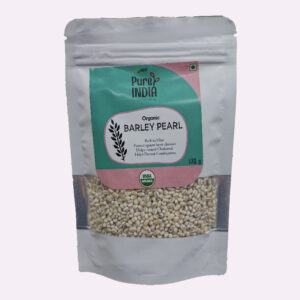
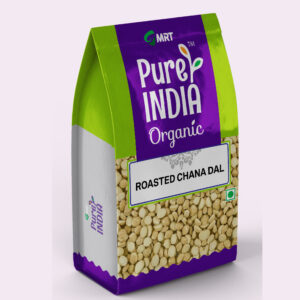
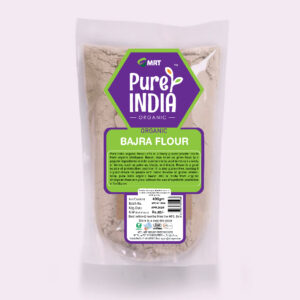
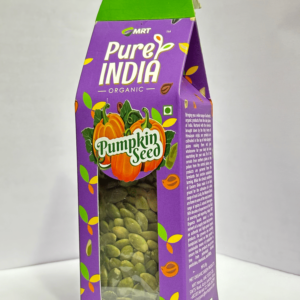








Reviews
There are no reviews yet.